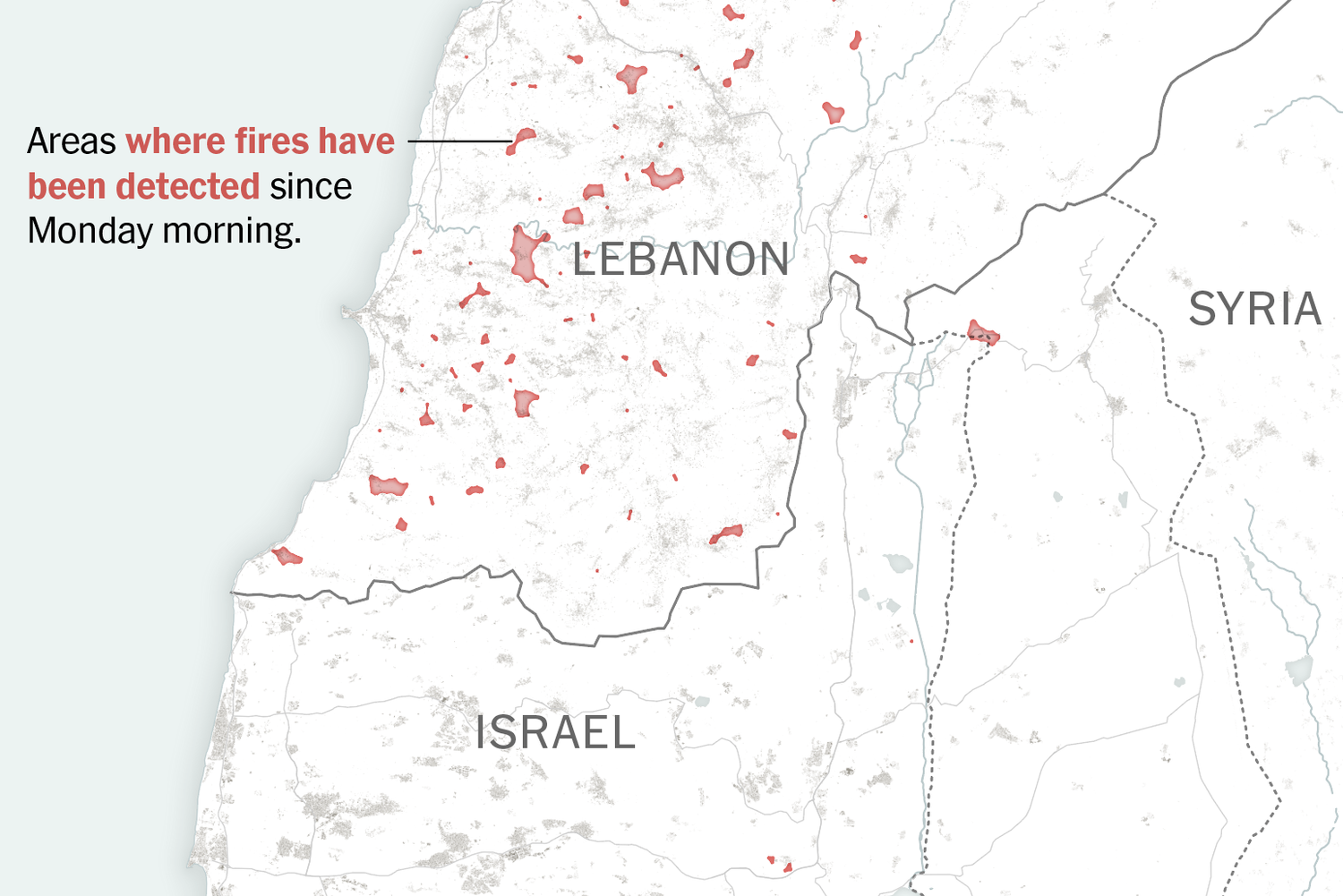ISLAMABAD: Health activists and civil society organisations have demanded of the government to further increase taxes on cigarettes in the upcoming budget 2023-24.
Sanaullah Ghumman, representing PANAH, pleaded that the government has to impose taxes on cigarettes on a regular basis as per recommendations of the World Health Organisation (WHO).
In a statement on Saturday, Malik Imran, Country Head, of Campaign for Tobacco-Free Kids (CTFK), said that due to the government’s decision to increase Federal Excise Duty (FED) on cigarettes in February 2023, Rs 11.3 billion additional FED revenue was obtained in the fiscal year 2022-23 which is an increase of 9.7% from the previous year.
Furthermore, an additional 4.4 billion in VAT revenue was obtained in the fiscal year 2022-23, which is an increase of 11.5% from the previous year. He said this additional 15.7 billion revenue makes up 0.201% of GDP, which is a significant boost for a struggling economy like Pakistan.
Imran mentioned that these self-explanatory figures revealed that increased taxation benefits the economy, but the tobacco industry misleads everyone by giving the illicit trade excuse. Imran added that the exaggerated figure of illicit trade diverts people from underreporting.
Dr Ziauddin Islam, a retired government employee, said that tobacco is the largest silent killer in Pakistan, as above 170,000 people die yearly from tobacco use. This pandemic also causes an annual economic burden of 615 billion which is 1.6% of Pakistan’s GDP.
He explained that increased prices bring a decrease in production and consumption, which decreases the health cost burden. According to the estimates, there has been a 31.7% decline in the declared production of cigarettes in the fiscal year 2022-23 compared to the previous year.
Learning from this example, which the World Health Organisation also recommends, Pakistan should increase taxes regularly so that inflation and per capita income are accounted for and Pakistanis remain protected from the harms of tobacco products.
According to the statement of Khalil Ahmed Dogar, Programme Manager SPARC said that the children of Pakistan are being targeted by the tobacco industry so that “replacement smokers” could be recruited.
Around 1,200 Pakistani children between the ages of 6-15 years start smoking every day. He mentioned that, on average Pakistani smokers spend 10% of their monthly income on cigarettes.
Therefore, increased prices remain the most effective tool in keeping these killer products away from children’s spending power.
Khalil added that all stakeholders must cast their differences aside and unite to protect our children and youth from the harms of tobacco.
















